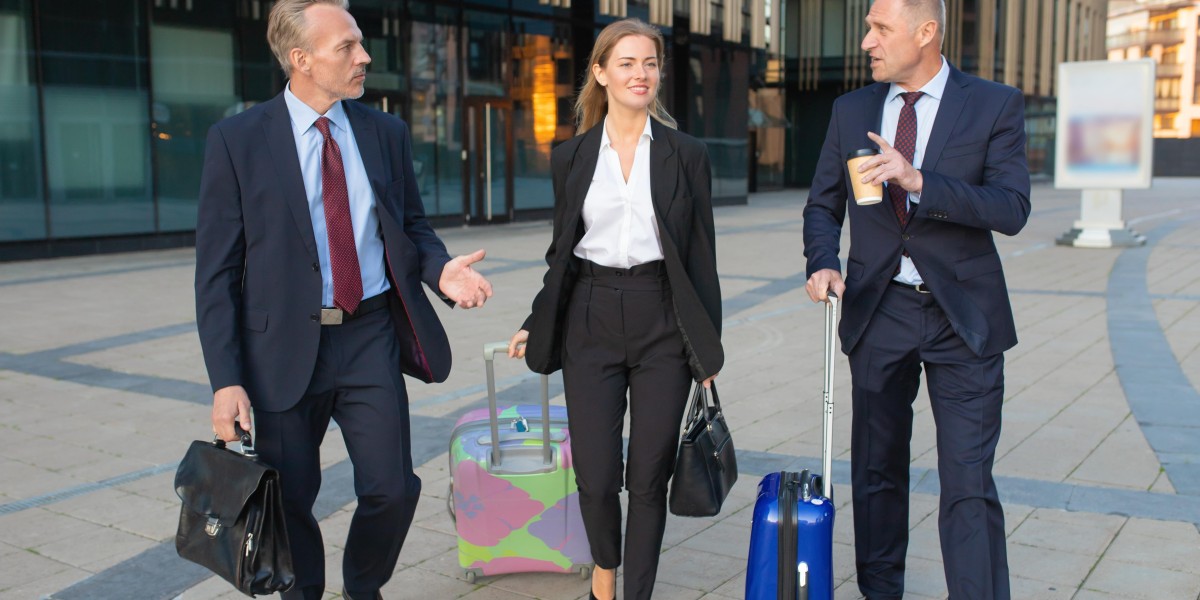Business travel has always played a pivotal role in fostering corporate growth, building client relationships, and driving innovation. As the world continues to adapt to evolving technologies, cultural shifts, and global challenges, corporate travel trends are constantly transforming. Here, we explore the major travel challenges, emerging trends, and key practices for safe and efficient business travel.
Travel Challenges: Overcoming Common Obstacles
Modern business travelers face a variety of challenges, from logistical hurdles to cultural sensitivities. Delays in transportation, changing airline policies, and fluctuating travel costs remain consistent pain points. Additionally, navigating different time zones, maintaining work-life balance, and dealing with health concerns such as jet lag or pandemic-related restrictions make corporate travel more demanding.
Another growing concern is sustainability. Many organizations are rethinking their approach to business travel, seeking eco-friendly options to reduce their carbon footprint. This shift requires careful planning and innovative solutions, such as incorporating virtual meetings into travel schedules or opting for greener modes of transportation when possible.
Corporate Travel Trends: What’s Shaping the Future
- Bleisure Travel: The blend of business and leisure travel is gaining popularity. Employees are extending their work trips to explore destinations, creating opportunities for personal enrichment while staying productive.
- Digital Nomadism: With remote work becoming mainstream, many professionals are embracing a hybrid approach, combining business travel with long-term stays in different cities or countries.
- Enhanced Travel Technology: Innovations in booking platforms, virtual assistants, and AI-driven travel management tools are streamlining the planning process for business travelers and corporations alike.
- Focus on Employee Well-being: Companies are prioritizing the mental and physical health of their traveling employees. Flexible schedules, access to wellness programs, and comfortable accommodations are now part of travel policies.
Business Travel Meetings: Maximizing Productivity
Face-to-face meetings remain crucial for building trust, sealing deals, and strengthening partnerships. To make the most of these interactions, careful planning is essential. Consider the following tips:
- Preparation is Key: Share agendas in advance and clarify meeting objectives.
- Leverage Technology: Use tools like video conferencing to include remote participants, ensuring everyone can contribute.
- Optimize Locations: Choose venues that are convenient and conducive to collaboration.
Combining physical meetings with digital tools allows businesses to strike a balance between in-person interaction and efficiency.
Business Travel Safety: Ensuring Peace of Mind
Safety is paramount in business travel. To protect employees and reduce risks, companies should adopt comprehensive safety protocols. These include:
- Real-time Updates: Monitor travel advisories and provide employees with timely updates on potential risks.
- Emergency Plans: Equip travelers with clear protocols for handling emergencies, from medical issues to natural disasters.
- Cultural Awareness: Train employees on local customs, laws, and etiquette to avoid misunderstandings or conflicts.
Business Travel Etiquette: Representing Your Company with Excellence
Good etiquette can make a significant difference in how professionals are perceived during business trips. Adhering to local customs, dressing appropriately, and being punctual are fundamental aspects of business travel etiquette. Additionally, showing respect for cultural differences and communicating effectively can leave a lasting positive impression.
Conclusion
Business travel remains a cornerstone of corporate success, despite its complexities. By staying informed about corporate travel trends, addressing travel challenges proactively, and prioritizing safety and etiquette, companies can ensure their employees travel with confidence and efficiency. Whether attending business meetings, fostering client relationships, or exploring bleisure opportunities, a thoughtful approach to business travel can yield significant rewards.



